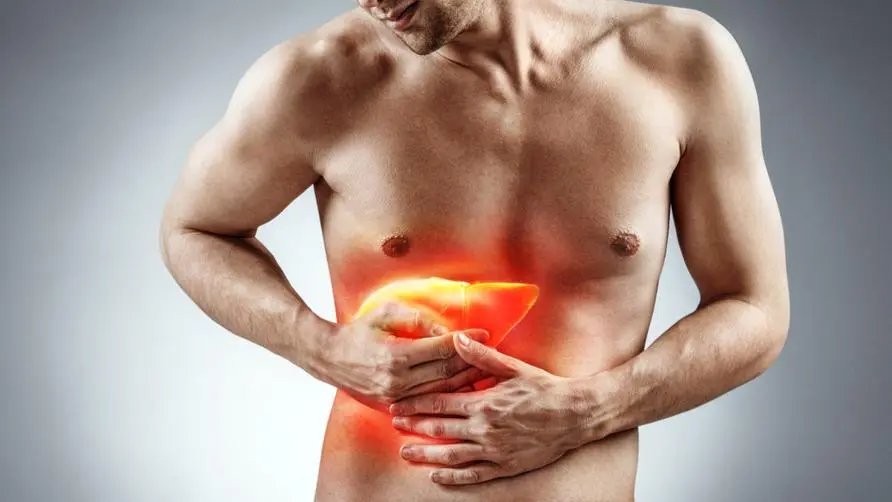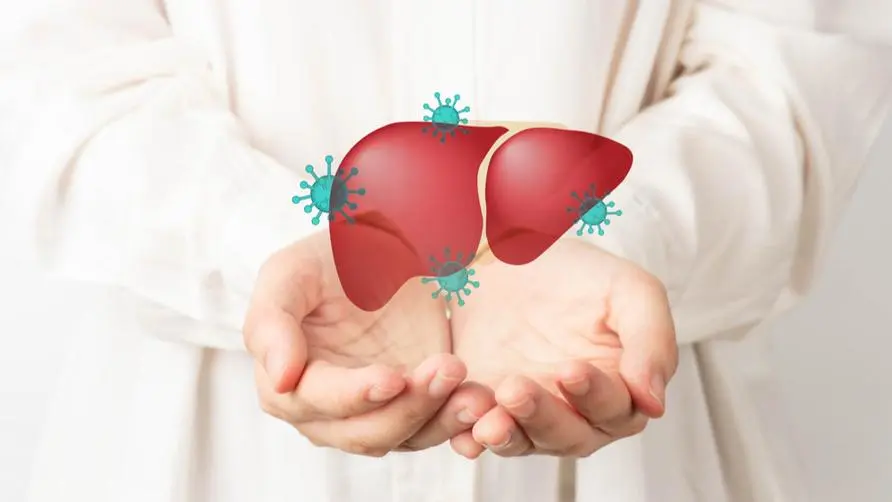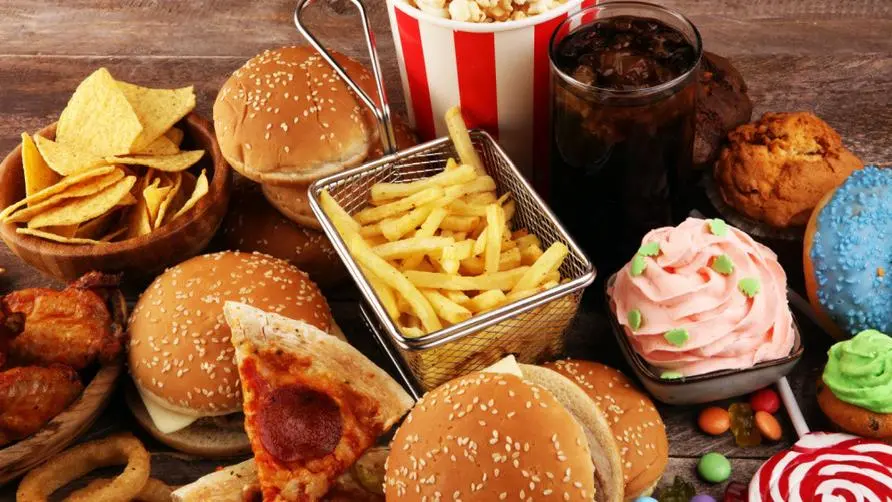How to distinguish ultra-processed foods from processed foods? Harvard University publication calls for eating less of "6 kinds of foods"

Eating too much “ultra-processed food” may not only lead to obesity and chronic diseases, but may even affect the brain and lead to “cognitive decline”? Previous studies have shown that excessive amounts of processed foods are linked to cancer, cardiovascular disease, diabetes and high mortality. Now, a study in Neurology has shown that the intake of ultra-processed foods is significantly related to dementia and cognitive decline.
Does eating ultra-processed foods cause cognitive decline? Study: 10% more intake increases risk by 25%
A team from Tianjin Medical University in China extracted health data from 72,083 subjects from the UK Biobank. The average age of this group was about 61.6 years old and they had no history of dementia before the start of the study. Over 10 years of follow-up, 518 subjects developed dementia, 287 developed Alzheimer’s disease, 119 developed vascular dementia, and 112 had unexplained dementia.
The researchers divided the subjects into four groups based on their total intake of ultra-processed foods: lowest, second lowest, highest, and highest. On average, ultra-processed foods accounted for 9% and 28% of the daily diet of the lowest and highest groups respectively. The study concluded that a 10% increase in ultra-processed food intake will increase the chance of developing any form of dementia by 25%, showing that It does affect brain health and cause cognitive decline.
Are young people suffering too? Eating too much ultra-processed food affects brain development
The Adult Health Longitudinal Study from Brazil (ELSA-Brasil) further conducts research on young people over the age of 35. The results showed that the higher the intake of ultra-processed foods, the faster the decline in executive and cognitive functions. Compared with those who consumed less ultra-processed foods, subjects who consumed more than 20% of their daily calories from ultra-processed foods experienced a 28% and 25% faster decline in cognitive ability and executive function respectively.
The study authors said that over the past 30 years, global consumption of ultra-processed foods has gradually increased, which is believed to induce systemic inflammation and oxidative stress and is associated with a variety of diseases, such as obesity, cardiovascular disease and cancer. Ultra-processed foods may also be a risk factor for cognitive decline.
How to distinguish ultra-processed foods from processed foods? Harvard urges you to eat less of “6 kinds of foods”
What is the difference between ultra-processed foods and common “processed foods”? According to “Harvard Health Publishing”, a publication of Harvard Medical School, processing changes the natural state of food, basically by adding salt, oil, sugar or other substances, such as canned fish, canned vegetables, fresh bread, etc. . Most processed foods contain two or three ingredients.
Ultra-processed foods, on the other hand, may have more added ingredients such as sugar, salt, oils or preservatives. Ultra-processed foods are primarily made from substances extracted from foods, such as starches, added sugars, and hydrogenated fats. It may also contain additives such as artificial colors, flavors or stabilizers. Such as frozen food, non-alcoholic drinks, hot dogs, fast food, packaged biscuits, cakes, etc. all fall into this category.
“Harvard Health Publishing” recommends that people try to choose unprocessed or minimally processed “prototype foods” in their daily diet, including carrots, apples, raw chicken, melons, unprocessed unsalted nuts, etc. It can preserve complete nutrients and preserve the nutritional content of food through cooking methods such as drying, crushing, baking, boiling, freezing or sterilization, and make it suitable for storage and safe consumption.
According to Harvard Health Publishing, ultra-processed foods are the main source of calories consumed by Americans (approximately 58%) and account for 90% of daily sugar intake. Therefore, we call on the public to re-examine their usual eating habits to see if they consume excessive amounts of processed foods. It is recommended that they gradually replace them with original foods, which can help avoid cardiovascular disease, cancer, and even cognitive decline.
Source:
More Evidence Ultraprocessed Foods Detrimental for the Brain
What are ultra-processed foods and are they bad for our health?
Association of Ultraprocessed Food Consumption With Risk of Dementia
Further reading:





